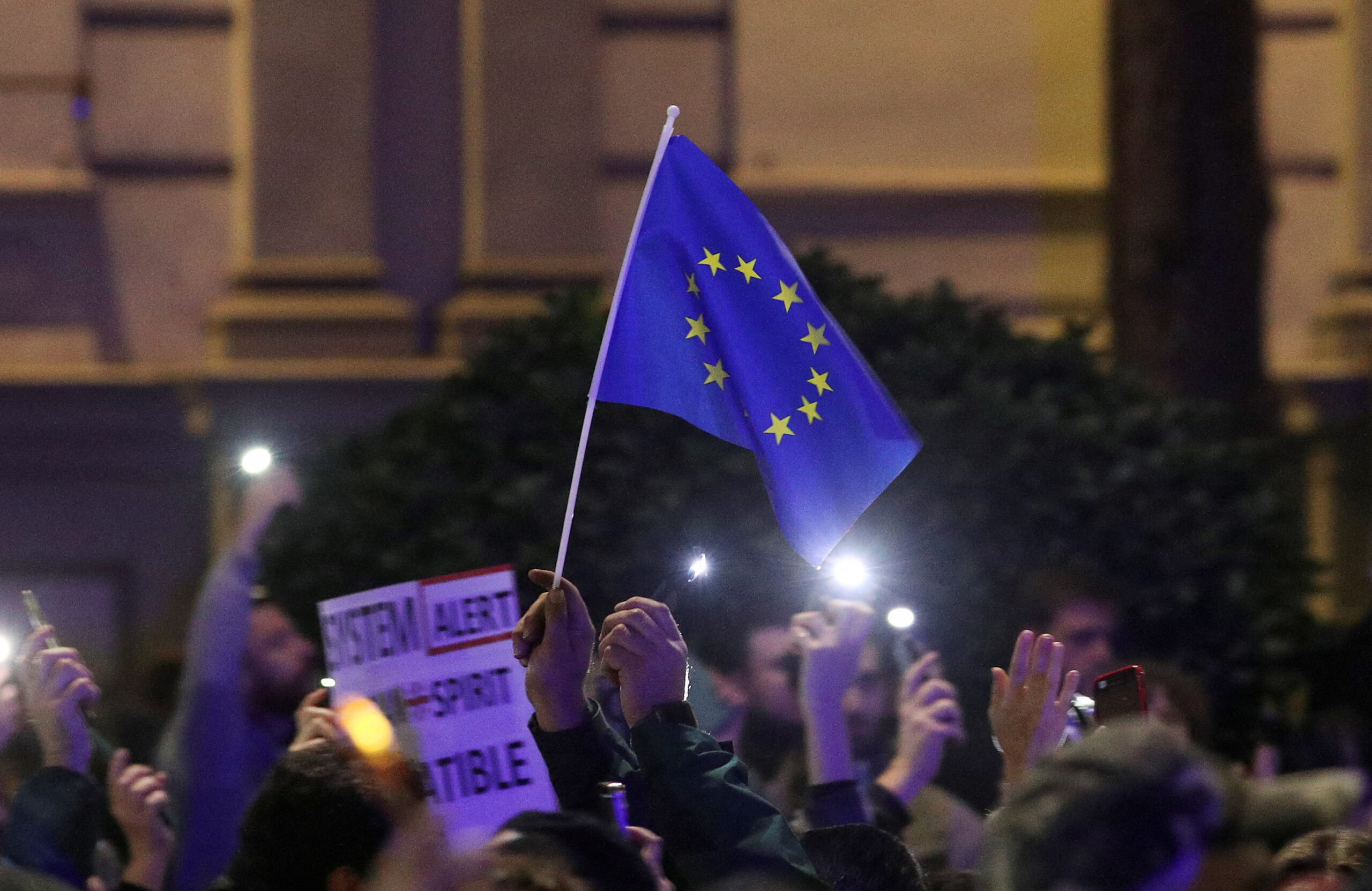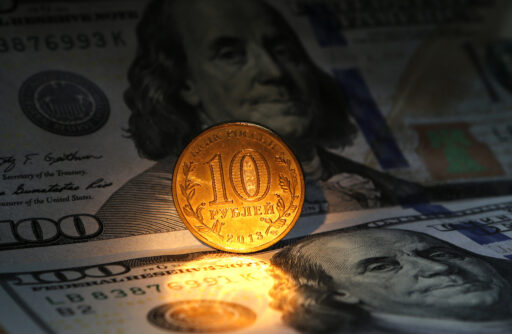This autumn sees geopolitically significant elections held in Moldova and Georgia, two EU candidate countries. The results offer major strategic implications for Brussels and Moscow. The EU has expressed political support for the re-election of current President Maia Sandu. At the same time, the EU would have preferred a qualitative transformation of the foreign policy agenda in Georgia towards compliance with EU standards (civil society, LGBTQ rights, etc.) and detachment from actions, such as anti-EU rhetoric, that benefit Russian information warfare. Moscow wanted exactly the opposite outcome in both cases. Keeping the «Georgian Dream» party in power for another four years appeals to Russia. This may play a destructive role for the EU enlargement policy in the South Caucasus: if Georgia’s path to the EU is compromised, Armenia’s is likely doomed to complications. As for Moldova, Russia is interested in replacing Sandu with a politician who is willing to engage in a multi-vector foreign agenda, like Georgia’s. In this way, Moldova’s alignment with the EU and Ukraine against Russia risks severance, which could ruin the geostrategic predictability of Ukraine’s southwestern flank.
The controversy of the Moldovan referendum: bribery accusations and low turnouts
Although not requested by the EU, Moldovan President Maia Sandu initiated a constitutional referendum to include European integration in the supreme law as a strategic and irreversible direction of the country’s foreign policy. The official argument is that the referendum was necessary to close the question on the country’s geopolitical orientation. This would align Moldova with other EU candidate states — Ukraine and Georgia — which introduced this clause in their constitutions in 2018 and 2019 respectively, along with NATO membership. Despite facing criticism from opposition forces, the ruling party associated with the president — the Party of Action and Solidarity — set the date of the referendum for the same day as the presidential election, 20 October.
In theory, a successful referendum would have meant Maia Sandu, who is running for president again, could have won in the first round. Some sober polls, published before the vote, predicted that with a turnout of 81.3%, the «yes» vote would obtain 47.9%, which was below the expectations of the government and the EU. This warning sign was not taken seriously by the Moldovan authorities, which partly explains why the referendum results surprised many. On the day of the referendum, the turnout was 49% and 50.4% of the participating voters voted «yes». This was a very narrow victory against the «no» camp, which won 49.6%. As only half of the electorate voted in the referendum, of which just over half voted «yes», the approximate percentage of those who supported Sandu’s proposal was less than 25%, the remaining 75% voted against, boycotting or absenting themselves from the polling stations. Changing the Constitution by this percentage creates problems for the legitimacy of such constitutional amendments, which is being criticized by both pro-Russian and pro-European opposition forces.
The main risk factor pointed out by the authorities was vote bribery. After the referendum, Sandu suggested that 300,000 voters had been paid to vote against it, which allegedly altered the result. Russia has denied any involvement, but suspicions linger. According to the Moldovan authorities, around 130,000 Moldovan citizens were involved in money transfers through online applications of Western-sanctioned Russian banks (Promsviazbank — PSB), which operated in the month before the elections. The money received from Russia was packaged as «social payments», worth $ 39 million transferred to Moldovans’ virtual accounts through one million transactions made in the last two months. The scheme was set up by fugitive businessman Ilan Shor, founder of the pro-Russian political bloc «Victory», which comprises five pro-Russian political forces in Moldova. These political groups promote accession to the Eurasian Economic Union and oppose accession to the EU. Moldova’s National Anti-Corruption Centre has imposed fines totaling 51,000 euros (1 million Moldovan lei), with the minimum fine being 1,000 euros per case. These measures are intended to punish voters in order to discourage their involvement in an unprecedented mass vote bribing scheme, run by Shor with the technical and financial support of Moscow. The absolute poverty that surpassed 30% of the population in 2023 facilitates the respective scheme of corruption. The Moldovan elections vividly illustrate how Russia has established a new hybrid tactic of interference through «weaponizing poverty» of the targeted country.
Non-victory of the «Georgian Dream»
The election result in Georgia, where the ruling Georgian Dream party claimed victory with 54% of the vote, has sparked conflicting debates in Brussels and Moscow. The EU and 13 EU member state ministers have cast doubt on the fairness and impartiality of the general election in Georgia. Local observation missions have revealed alleged schemes of election manipulation through rented identity cards and multiple voting. Calls by the US and the EU for the Georgian authorities to investigate the irregularities are supported by the four pro-EU opposition forces (Coalition for Change, Unity — National Movement, Strong Georgia and For Georgia), which together won 38% of the vote. The opposition camp rallied its voters in post-election demonstrations to challenge the election results.
The election results were almost immediately recognised by Hungary, Russia, Azerbaijan and Armenia, followed by Turkey and China. Moscow went further, indirectly accusing the West of trying to destabilise Georgia. This has been used by the «Georgian dream» to consolidate its external legitimacy, which is seriously questioned by most of the West. There are around 14 EU member states that were reluctant to support the opposition’s argument about rigged elections. That indicates that some Western states look at developments in Georgia with pragmatic lenses, prioritising stability («stabilitocracy») in the region that is responsible for the functioning of energy supplies from the Caspian Sea. Given the Russian aggression against Ukraine, there is likely to be a fear that the situation in Georgia could escalate into a violent scenario seen in Belarus after the falsified presidential election there in 2020. Georgian authorities have already put in place legislation that puts NGOs receiving foreign funding from the West under strict scrutiny (foreign agents’ law) and curbs the promotion of LGBTQ rights. During the election campaign, Ivanishvili promised political persecution of opposition parties, including banning some of them.
Some of the Georgian opposition forces are preparing to boycott the newly formed parliament, where the Georgian Dream party won a comfortable majority of 89 seats to the opposition forces’ 61. There is also the possibility of long-term protests, although a major push from within and outside Georgia is required to carry them out with sufficient intensity to yield results. The opposition is waiting for the West to react with individual sanctions and other punitive measures to capitalise on public discontent with the election results — but the West has taken a cautious position for now.
The EU will likely resist revoking Georgia’s EU candidate status. However, discussion on possible accession talks will be postponed in areas where backsliding is taking place (elections, civil society organisations, freedoms, etc.). If the EU does not prevail against the autocratic preferences of the re-elected Georgian ruling elites, it is likely to see another Serbia emerge in the way of its enlargement policy. This only benefits Russia, which is thriving geopolitically due to the shrinking space for a genuine EU integration process in Eastern Europe.
The fact that the ruling party remains in power in Georgia is also a signal for Moldova, where opposition forces have shown interest in importing Georgian laws, such as the law on foreign agents. The second round of elections in Moldova (on November 2nd) is seen as a turning point for the EU to achieve a geopolitical victory over Russia. That said, even if Sandu wins, the crucial elections for Moldova are the 2025 parliamentary elections, which could bring opposition forces — including pro-Russian and Eurosceptic ones — to power.










